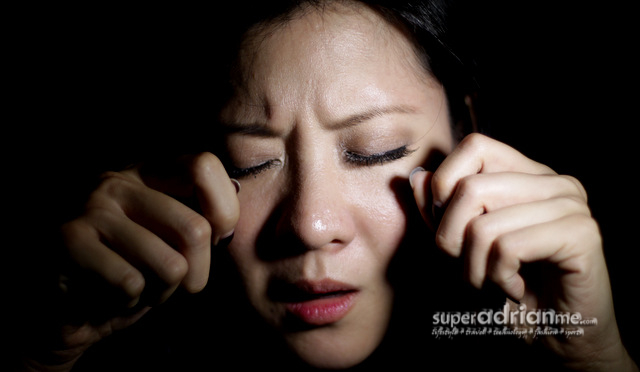
If you have been feeling teary eyed and experiencing irritation in your eyes for the past few days because of the haze, here are some tips to combat eye irritation caused by the haze from Dr. Lee Sao Bing, Medical Director and Principal Surgeon as well as Dr. Jovina See, Senior Consultant eye surgeon of Shinagawa LASIK & Eye Centre, Singapore.
Q. What are some of the effects of prolonged exposure to haze on our eyes?
A: Prolonged exposure to haze can lead to eye irritation, such as itchiness, redness, and tearing of the eyes. Those who are more prone to allergies may experience allergic conjunctivitis, which is inflammation of the eyes.
Q. With the worsening haze situation, will symptoms of eye irritation worsen as well?
A: With the increase in concentration and amount of particulate matter in the air, symptoms of eye irritation will increase as well. Depending on the amount and length of exposure to haze, different individuals will experience differing levels of eye irritation. Those with pre-existing eye conditions should take extra precaution against the haze to stop their conditions from worsening.
Q. What are some measures we can take to combat such cases of eye irritation? Is it advisable to wash our eyes with tap water?
A: Washing of eyes can help to relieve symptoms of eye irritation. However, tap water should be avoided, as chlorine and other chemicals found in tap water can lead to further irritation. I recommend using lubricant eye drops to wash the eyes. These are easily available over the counter at most pharmacies in Singapore.
Q. Is eye wash necessary and effective in alleviating eye irritation?
A: Eye wash should be used only when there are sand or dirt particles in your eye, causing severe irritation. Eye wash can help to flush out said particle and alleviate these symptoms. In most cases, conventional lubricant eye drops will be sufficient to relieve eye irritation.
Q. Is it advisable to wear contact lenses during this hazy period?
A: Contact lenses can dry out the eyes and lead to further irritation in the eyes. For people who are experiencing symptoms of eye irritation, it is advisable to stop wearing contact lenses and switch to your glasses. Spectacles also help to act as a mechanical barrier to block particulate matter from entering your eyes.
Q. What should we consume more of to improve our eye health?
A: We should make sure to drink more water, as hydration helps prevent dry eyes, which are more prone to irritation especially in the presence of particulate matter in the air. A diet rich in Omega-3 fatty acids (e.g. salmon, mackerel and tuna), flaxseed oil and borage oil also helps in the production of tears.
Q. Children tend to rub their eyes when they experience eye irritation. How can we stop them from doing this?
A: I find it useful to explain to the child that frequent rubbing can sometimes increase astigmatism, which will worsen their vision. This will require them to wear thicker glasses. As most children don’t like wearing glasses, this often works to deter them from rubbing their eyes.
Q. What further steps can we take to combat cases of eye irritation?
A: People who are experiencing symptoms of eye irritation should avoid outdoor activity to minimise exposure to the haze. Stay indoors with the windows and doors closed. Those with air-conditioning can turn it on to improve air circulation while keeping out the haze and heat. Lubricant eye drops should be able to alleviate most cases of eye irritation. If symptoms persist, contact your nearest medical practitioner.





Pingback: Singapore Grand Prix To Go On Despite Haze »